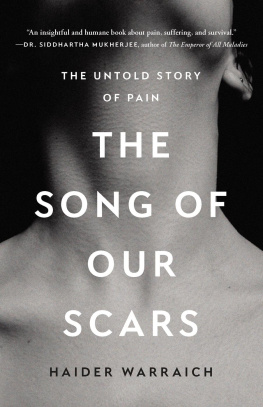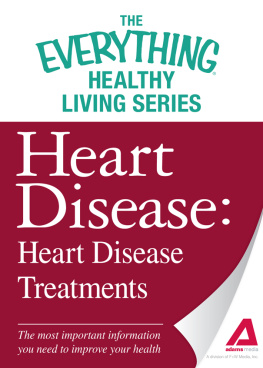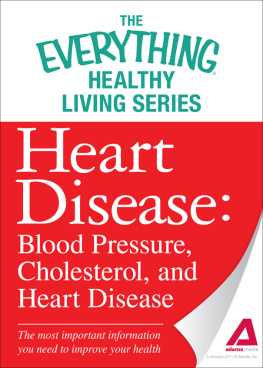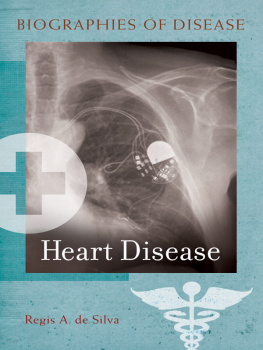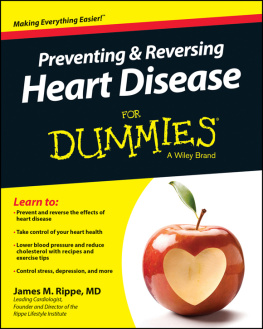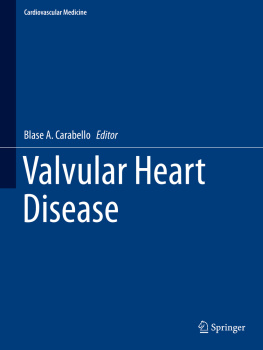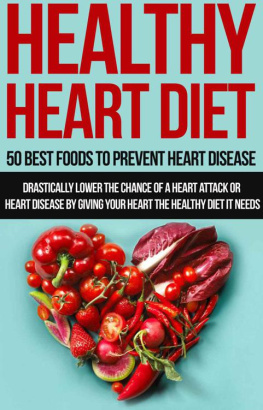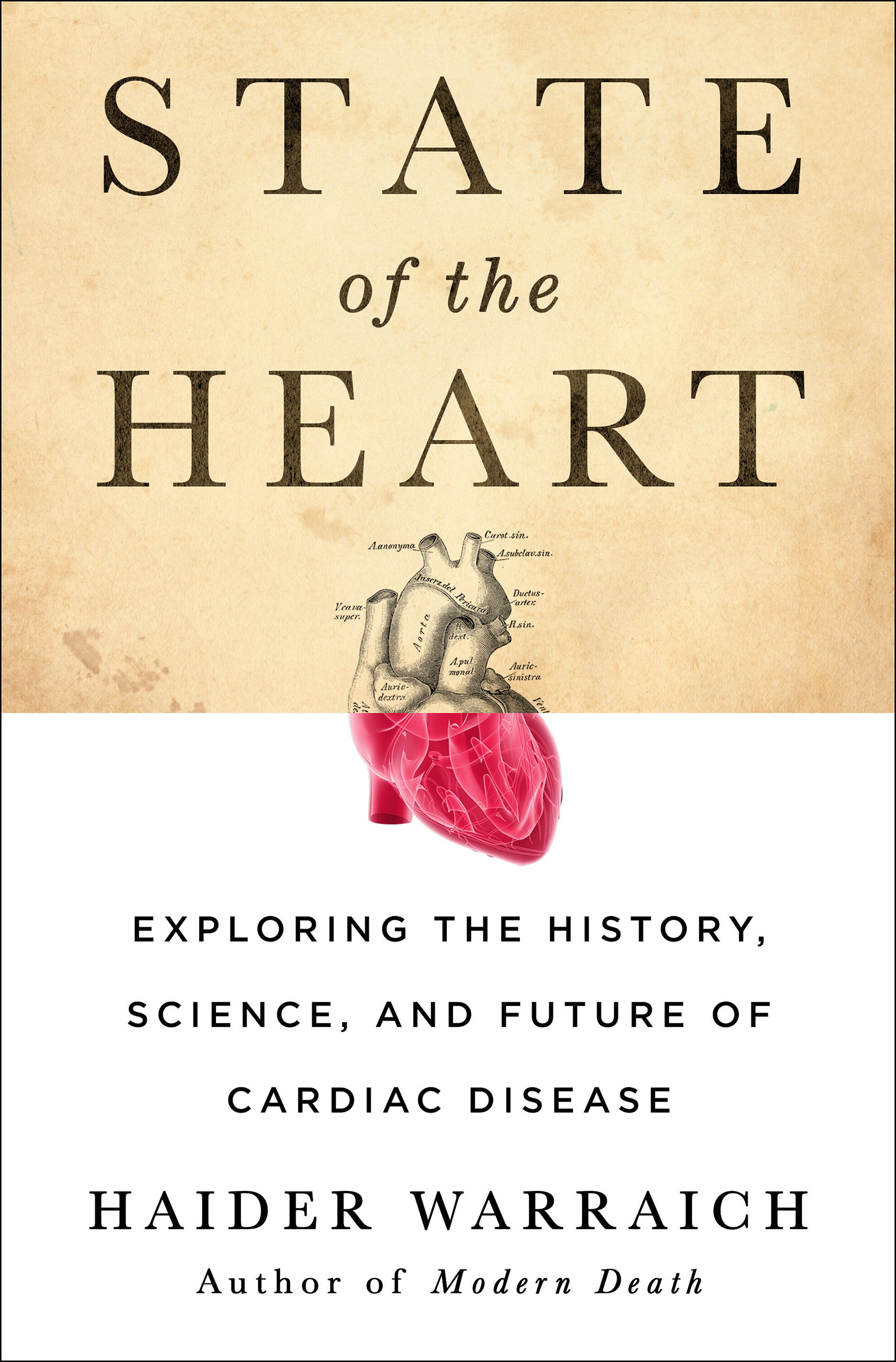The author and publisher have provided this ebook to you for your personal use only. You may not make this ebook publicly available in any way. Copyright infringement is against the law. If you believe the copy of this ebook you are reading infringes on the authors copyright, please notify the publisher at:
My grandparents were small-time farmers in Pakistan and my parents were the first generation in their families to go to school. They sat on the floor in their classrooms on mats woven from jute; instead of notebooks, they had slates which they would reuse the entire year. Education was their only way out of the village, and that idea stayed with them as they set about raising me and my two siblings.
My parents were never distracted and they were never impatient. They didnt just teach me that I should be kind, they showed me through how they treated everyone they met. They somehow found the perfect balance between providing structure and freedom. Now that I have a daughter myself, I am in awe of how they did so much, but made it look so easy. They provided me with the tools and the intellectual space to really be who I wanted to be even though I had no idea what that was.
As my medical training wraps up and I look back on five years of medical school at the Aga Khan University in Pakistan, three years of internal medicine residency at the Beth Israel Deaconess Medical Center in Boston, and three years of cardiology fellowship with a final year of training in advanced heart failure and transplantation both at Duke University Medical Center in North Carolina, I would be remiss to not acknowledge the hundreds of peers, faculty, nurses, and patients, who have helped make me the physician I am today. Being a physician is the greatest privilege of my life and that patients have provided me opportunities to be involved in some of the most vital moments of their lives is something I never take lightly. It has been an exhilarating journey and I still remember every single time a peer or faculty member gave me a few minutes of their time or more, to help me become a better doctor. I can never pay them back, but I do hope to pay it forward and keep this circle going.
As an immigrant, I am also grateful to the people of the United States who have welcomed me, my wife and our daughter. Like so many others who found a home here, we have received so much love in this country, from strangers in restaurants to our dearest friends. I couldnt have asked for a more thoughtful editor than Daniela Rapp at St. Martins Press. This is my second book with her and she has made what can be a painful process a breeze. My agent, Don Fehr, always keeps me thinking about what is next.
And finally, no book can be written without acknowledging the love, care and support of my wife, Rabail. Between my last book and this, we had our daughter, who is the light of our life. And through my clinical training, my writing and my research, and now fatherhood, it has been Rabail who has held it all together for me, and who has allowed me to pursue my dreams. To date, the two best days of my life remain the day I first ran into her in Karachi more than a decade ago and the day that we got married. I know if I were to redo my life, I would never pick it any other way. My only hope is that I can give her back the joy she has given me, and that she would pick me again, too.
The human heart has hidden treasures,
In secret kept, in silence sealed.
Charlotte Bront, Evening Solace, 1846
Before I walked into my patients room, I huddled outside with the rest of the team to make sure we were all on the same page. He had come to the hospital after he had caught a serious infection while on a cruise with his wife in the Caribbean. Tests confirmed that he had bacteria growing in his blood, which he had likely contracted from using a catheter to urinate while on the cruise. We treated his infection with antibiotics, but what we couldnt fix was his heart. He had been seeing a cardiologist regularly for his feebly beating heart, had been taking heart medications for decades, had even received a special pacemaker to help his heart beat synchronously. Despite all that had gone into trying to overcome his weakening heart, he was now fast approaching what seemed to be an imminent end. The entire medical team was convinced he didnt have long to live, maybe a few months at best. Everyone nodded in agreement one final time, like a football team about to take the field or a group of paratroopers about to leap from the back of a plane. After we filed into his room and made the customary introductions, the team settled in like a dense air freshener. As we had decided, I started talking, slowly.
While you have recovered well from your infection, the one thing we cannot help you recover from is your heart failure.
WaitwhatI have heart failure? he asked abruptly. Startled, he looked to his wife, who started crying. He has heart failure? No one told us he has heart failure! What is heart failure? she wailed.
I was completely taken aback. These conversations can sometimes take their time to come to a full boil, but in this instance, it had bubbled over almost as soon as the stove was lit. The patient had been living with heart failure for almost two decades, and by all accounts, his cardiologist had been managing his heart failure diligently, yet somehow, the man had no idea what it was or what it meant, and worst of all, it appeared as if no one may have ever told him either. For some reason, the words heart failure had never been used around him. I had to back up, change gears immediately, and scrap the conversation about his mortality for another day. But that day never camehe died two weeks later in the intensive care unit.
More people die of heart disease than any other disease in the world, including even cancer. In fact, deaths from heart disease are on the rise around the world and in the United States as well. Heart failure strikes both the abject and the affluent, the young and the old. In the past few years, both the pop singer George Michael and former first lady Barbara Bush died of heart failure. And yet, in many ways, heart failure is a disease few know about and fewer still understand. Even though the words heart failure are more likely to show up in common use these days than in times prior, many continue to ask the same question as my patients wifewhat is heart failure?
Heart disease, in many ways, is the overlooked affliction of our times. That seems like a curious thing to say for a disease that touches so many, young and old, man or woman, black or white, rich or poor. And even as the number of people dying from heart disease continues to rise. Many proclamations of the end of heart attacks have been made. And such pronouncements are having an effect; funding for research for heart disease and the development of new innovations for heart disease continues to lag behind other diseases such as cancer.
And yet, the present and future of how we can treat and prevent heart disease have truly never been more awe-inspiring. There is almost no parallel in human progress that mirrors how we have managed to change a heart attack from a death sentence to something that for the most part can be managed safely. Just over the past few years, I have seen technology become commonplace that could easily have been conflated with science fiction.


